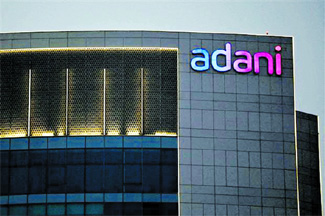
New Delhi (TIP)- The Supreme Court on Friday, November 24, observed that the Hindenburg Research report should not be treated as a statement of truth. While hearing petitioners plea on the factual revelations made in the Hindenburg report, the apex court said: “We don’t have to treat Hindenburg report as being a statement of truth.”
The top court further said that there are no means of testing veracity of the Hindenburg report, that’s why it had asked Sebi to probe the matter.
“We don’t have to accept the Hindenburg report as ipso facto factually correct. That is why we asked Sebi to investigate,” the bench observed.
The petitioners further said the actions of the market regulator are “suspicious” as they have had the details since 2014. The Directorate of Revenue Intelligence (DRI) had shared details with the SEBI Chairman in 2014, they claim.
On Friday during the case hearing, Sebi said it had reached out to the Organized Crime and Corruption Reporting Project (OCCRP) for “key documents” , but it refused to share the documents. “They said we can get documents from Prashant Bhushan. Prashant Bhushan is getting a report made, and then pitching it before SC, this is a case of conflict.”
The petitioners told the Supreme Court that the reports published by the Financial Times and Guardian show that certain funds were run by Gautam Adani’s brother Vinod Adani. “Sebi said we have completed investigation reports, but have not disclosed,” they added.
The apex court said: “Can Sebi be asked to disclose findings, even before SEBI can initiate proceedings under law? How can we pre-judge SEBI findings?”
The petitioners said that the top court should consider a court-appointed SIT, to which the Supreme Court observes, “Where is the material before us to doubt SEBI probe?”
The SC bench further said that Sebi can’t be asked to take a story in a newspaper, even if in Financial Times, as gospel truth.





Be the first to comment